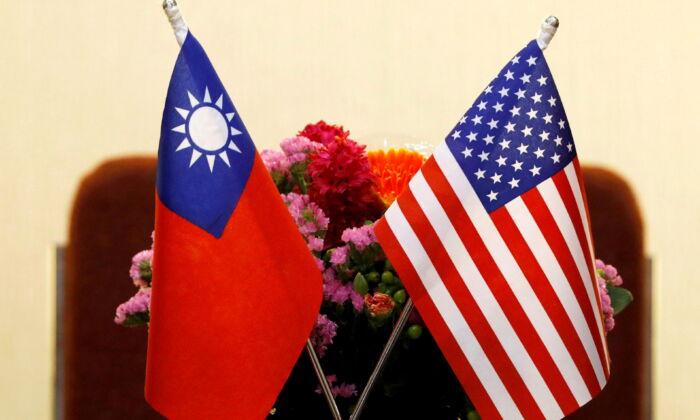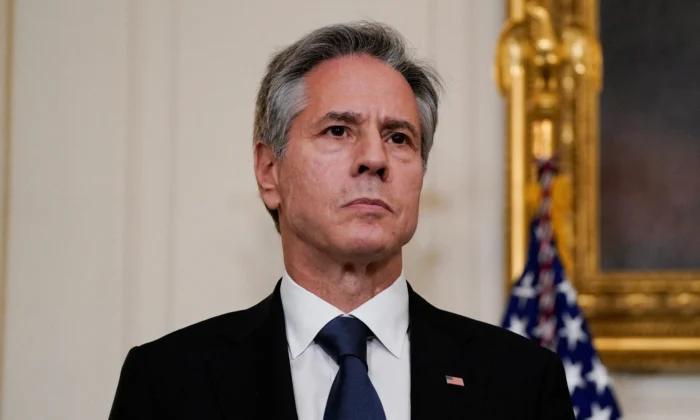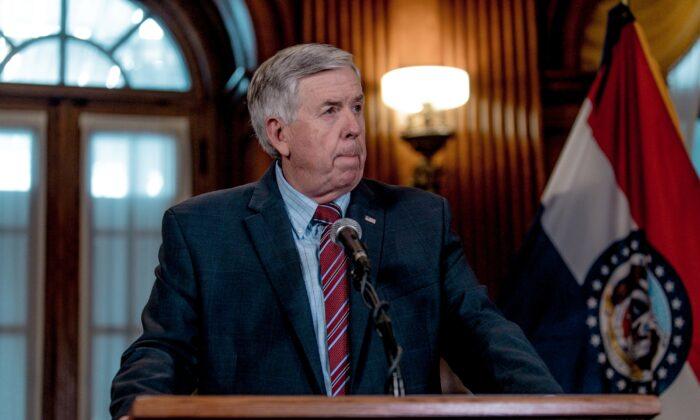The U.S. State Department has once again amended its fact sheet on Taiwan and reinstated the line about not supporting the Chinese-claimed island’s independence, just weeks after removing it in May.
The amended version of the page maintains that Washington would “make available defense articles and services as necessary to enable Taiwan to maintain a sufficient self-defense capability.”
“As the president has said, our policy has not changed. The United States remains committed to our ‘One China’ policy, which is guided by the Taiwan Relations Act, the three Joint Communiques, the Six Assurances,” Price said.
“It’s the commitment we made. Look, here’s the situation. We agree with a ‘One China’ policy, we’ve signed onto it, and all the intended agreements are made from there. But the idea that [Taiwan] can be taken by force … it’s just not appropriate,” Biden said.
“It will dislocate the entire region, and be another action similar to what happened in Ukraine. And so it’s a burden that is even stronger,” he added.
The “One China” policy refers to the United States’ recognition of the Chinese Communist Party’s (CCP) claim that there is only one Chinese government. That’s separate from the CCP’s ”One China Principle,” which maintains that the communist regime has historic rights to the whole territory of pre-civil war China, including Taiwan.
The CCP claims that Taiwan is a breakaway province that must be united with the mainland, although Taiwan has been self-governed since 1949 and has never been under CCP control.
While Taiwan does not have a mutual defense agreement with the United States, the 1979 Taiwan Relations Act does guarantee that the United States will furnish Taiwan with the capabilities necessary to maintain its own defense.





